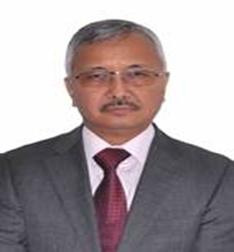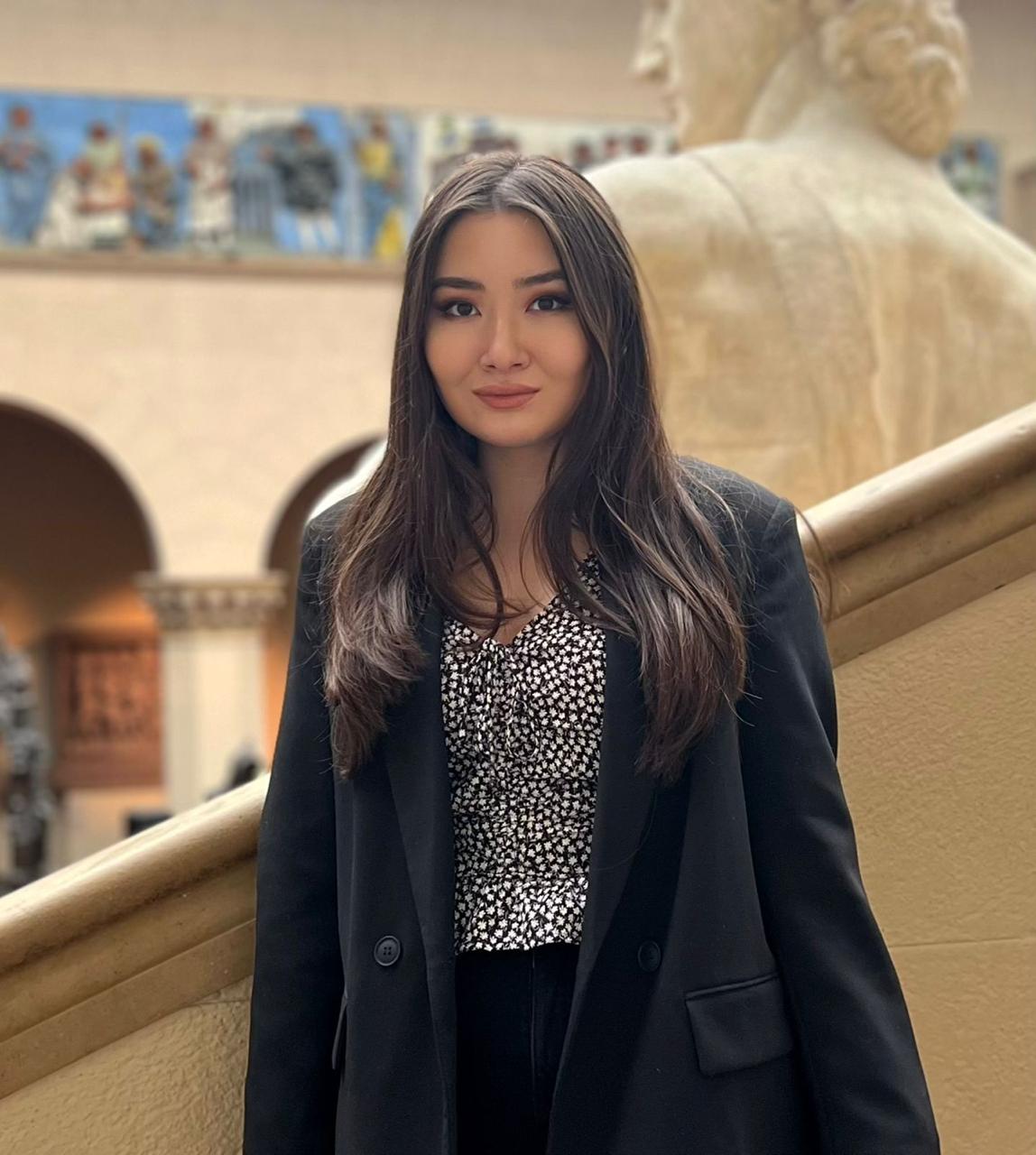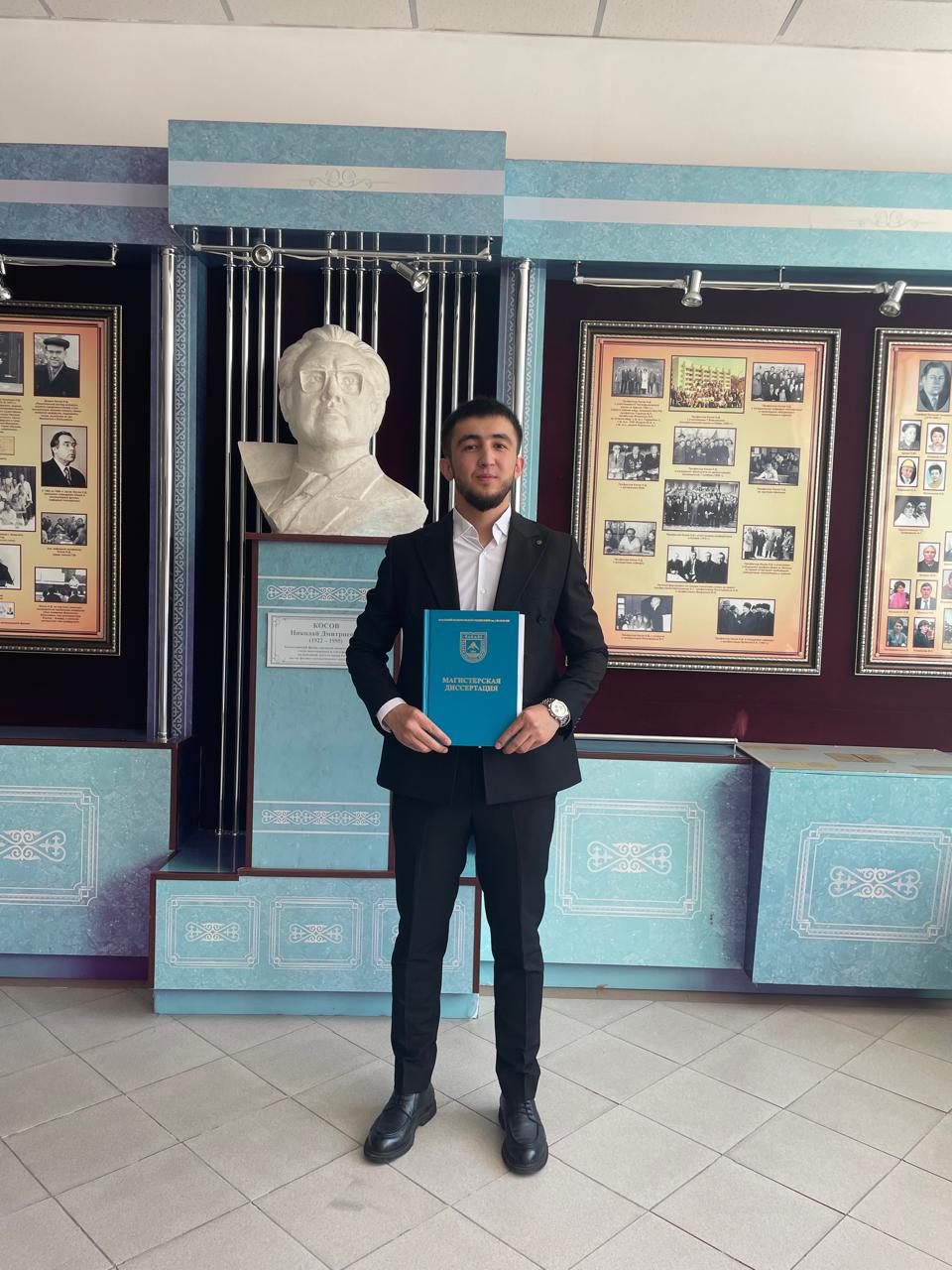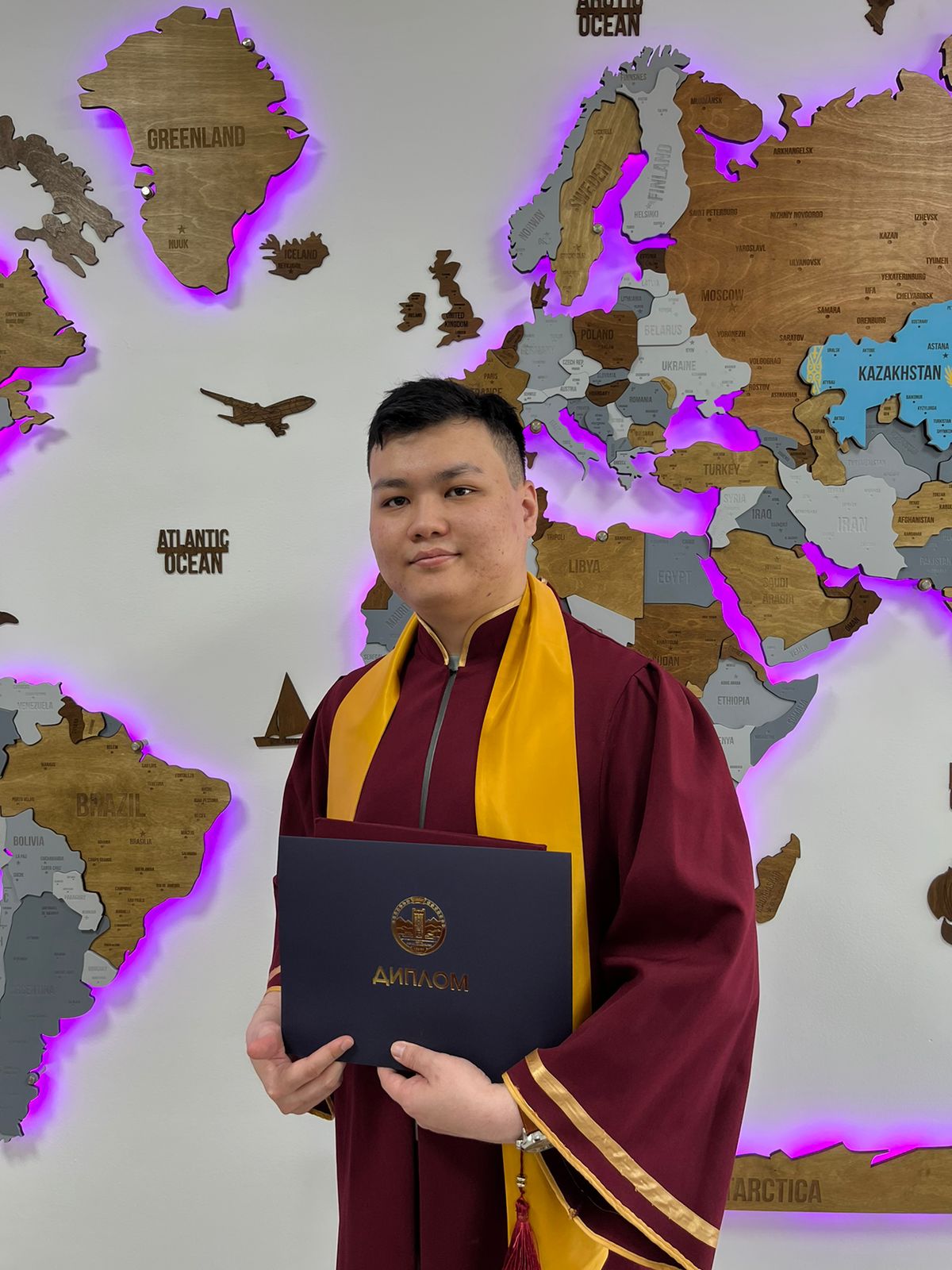
Yerzhan Mukash, a graduate of the Arabic department of the Faculty of Oriental Studies at Al-Farabi Kazakh National University, is the head of the diplomatic mission of the Republic of Kazakhstan in the Libyan People's Socialist Jamahiriya.
Yerzhan graduated from the university in 1992. It was a brilliant release! Eight red diplomas per group, four children were accepted into the staff of the Ministry of Foreign Affairs of the Republic of Kazakhstan. In those years, sovereign Kazakhstan was creating its own foreign ministry system, and specialists with excellent knowledge of Kazakh, Russian, and Arabic were extremely needed. Yerzhan was one of the best. The head of the group, the "eternal excellent student". The Arabic teacher Firuza Khanifovna Mameko often said: "In my opinion, he monitors not only the observance of discipline in the group, but also my discipline too." It so happened that he studied not for five years, like all ordinary students, but from 1983 to 1992. After admission, he was drafted into the army, was on a language internship at the University of Meknes (Morocco). And he was even expelled for violating discipline!
The reason was the return to the hostel later (around 11 p.m.). This was after the famous December 1986 events, which at that moment were evaluated completely differently than today. The students who came to the square were perceived as "rioters who disgraced the Kazakh people throughout the Soviet Union." Many were expelled on suspicion of participation, and those who remained at universities were tightly controlled. So, Yerzhan Mukash also got into a hot hand. then he literally turned black with grief, no one fully believed that the best student, the headman, the "conscience" of the group could be expelled, but it happened. When he came to the village to visit his parents, the hardest thing, as he later admitted, was a feeling of shame in front of relatives and neighbors. Еhe only thing that saved me was work, hard physical labor.
Yerzhan's extremely successful career as a diplomat began at the Ministry of Foreign Affairs of the Republic of Kazakhstan. Egypt, Turkey, Azerbaijan, Libya... over the years, he has mastered not only Arabic, but also Turkish, English. Each country has its own requirements for diplomats. In Egypt, you need to know the dialect, in Azerbaijan all office work is conducted only in Azerbaijani, neither Russian nor English are recognized.I had to learn Azerbaijani in order not to put my country in an awkward position. In Libya, where the diplomatic corps consists of only three people, the Ambassador has to deal with all the problems himself. The ambassador here is an adviser, a consul, and an attache in one person. Kazakhstan does not always have the luxury of maintaining a large diplomatic representation in foreign countries. In addition to languages, it was necessary to master knowledge of economics and politics, diplomatic etiquette and protocol, national mentality and psychology of the peoples of the East.
Thus, the diplomatic service, according to Yerzhan Mukash, is not a series of high-society receptions, banquets, pleasure trips, but a daily routine, requiring very careful strict observance of formalities, sometimes involving not too pleasant, troublesome procedures.
Almost all of our compatriots who are in a foreign country must be taken care of by an Ambassador or consul from the beginning to the end of their stay. If something happens to a citizen of Kazakhstan, it is he who is responsible, both to local services and to Kazakhstani departments, and even to the relatives of this person.
In his spare time, Yerzhan is actively interested in the problems of the functioning of the modern Arabic language in the Arab world, collects material, and dreams of writing a book. He is one of the most active ambassadors in Tripoli, travels a lot around the country, studies local customs, culture, and history.
The most remarkable human quality of Yerzhan Mukash, along with high decency and responsibility, is the ability to be grateful. Despite all the twists and turns of his student years, he treats his former teachers and his Alma Mater very warmly, even reverently. Wherever he is, he will always call and send congratulations on the holiday. He also responds to requests to meet with current students. He visits the Faculty of Oriental Studies to talk with students, teachers, and former classmates who work at the Department of Arabic Studies.
KazNU students, during one of his regular visits to Almaty in 2008, got a chance to communicate directly with a high-ranking diplomat who stood at the origins of the creation of the structure of the national foreign ministry in the first years after independence.
That is why many questions were raised about the first steps of Kazakhstan's foreign policy, about graduates of the faculty working in this field, about the opportunity for young people to join the diplomatic elite, because many young people entering the Faculty of Oriental Studies dream of such a career.
The students asked a lot of questions about Libya – about the country's climate, the customs of the population, the Libyan dialect, foreign policy and tourist centers, about the relations between our countries.
Each question was answered in a very thorough, detailed way, and Mukash easily switched from Kazakh to Russian, Turkish, and Arabic, depending on which language the question was in.
At the same time, it should be noted that the diplomat's speech is very bright, literate, full of proverbs, sayings, original comparisons, memories, possession of figures, facts, friendly attitude to the audience, gentleness and intelligence.
This is how he is in everything, our Yerzhan, and therefore one can probably understand the feeling of pride of teachers for such graduates and the consciousness, that the work of teachers brings brilliant results.
Other news


